Bengaluru, Mar 23: The Karnataka Government is currently facing vaccine shortage with many Primary Health Centres (PHCs) running out of stock while a few districts having stock that could last for one or two days.
Health Secretary Jawaid Akhtar said that this shortage will be there for two days and that requests for additional supplies have already been made to the Centre. In a meeting with all district health officers Akhtar instructed them to redistribute vials from PHCs that have stock to those where stocks have dried up.
He said, “Vaccine shortage will be there for two days. We have already requested the Government of India for supplies and they have also allocated. We are waiting for the consignments to come. Right now, the districts have been instructed to shift vaccines from centres where consumption is less to the places where the requirement is more. Locally, we have asked them to manage.”
"We have not received any tentative date on when the next tranche will be sent. We are pressing for early supplies,” he added. State has so far received 37 lakh doses of vaccine.
Widening of the time gap between Covishield’s first dose and second dose from four weeks to eight weeks, as allowed by the Centre on Monday, will help as this will enable the state to prioritise the first dose, he added.





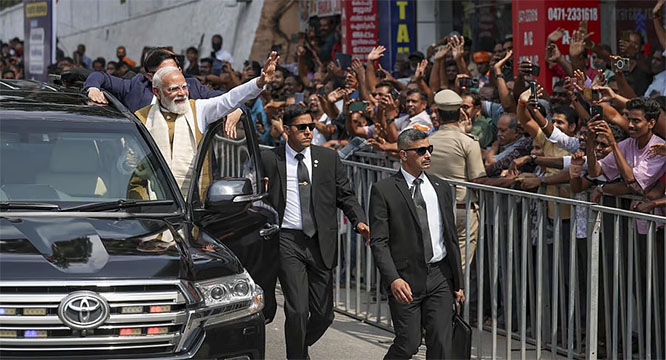
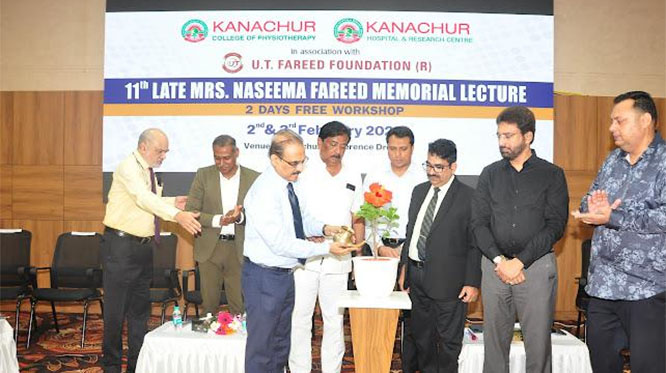
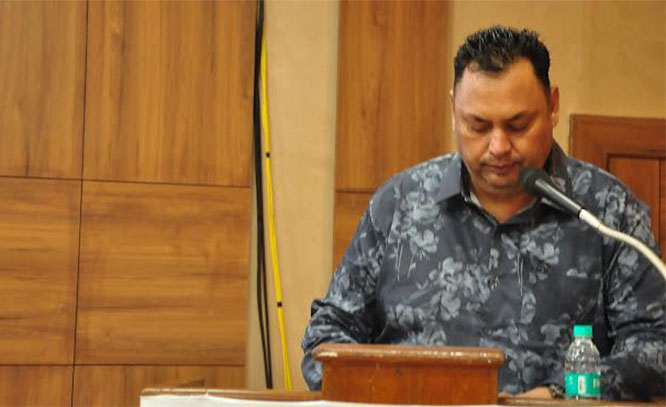
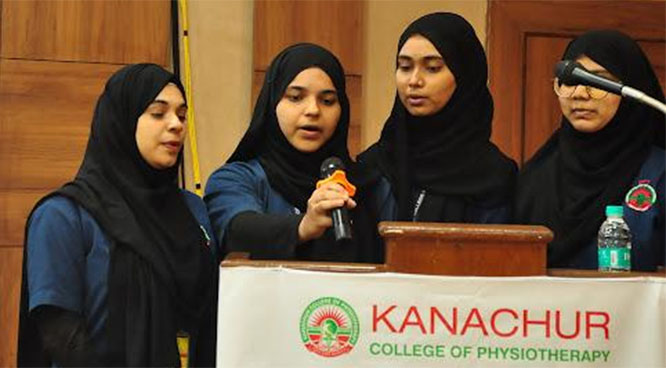
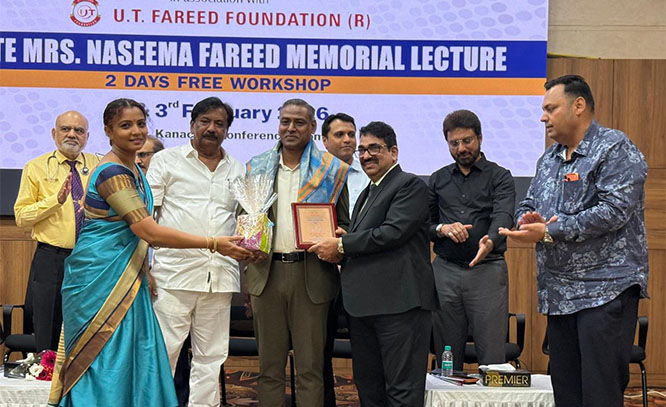
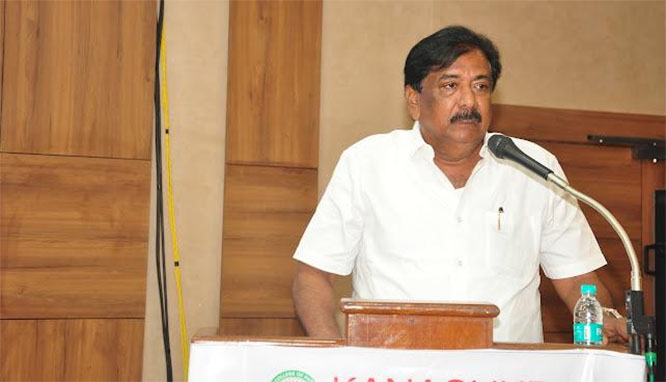
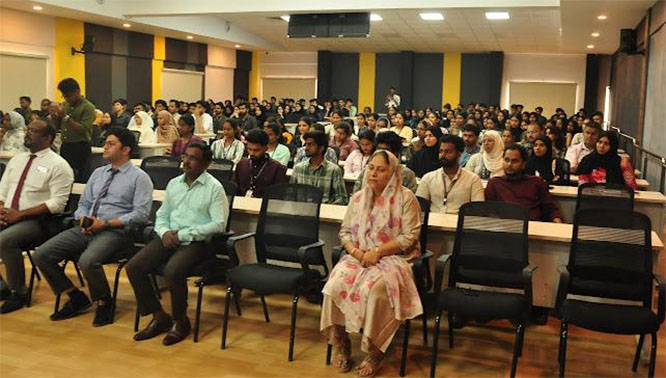
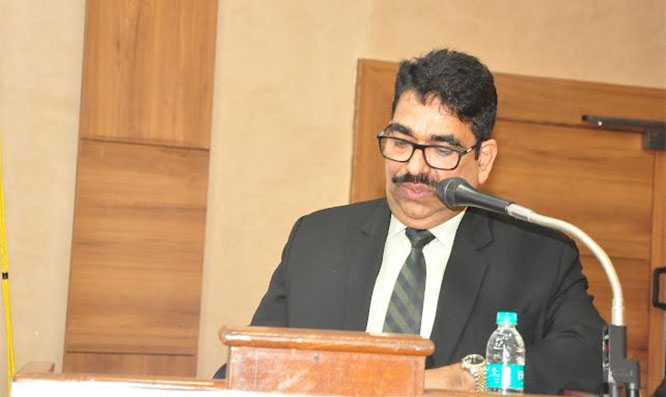
Comments
Add new comment